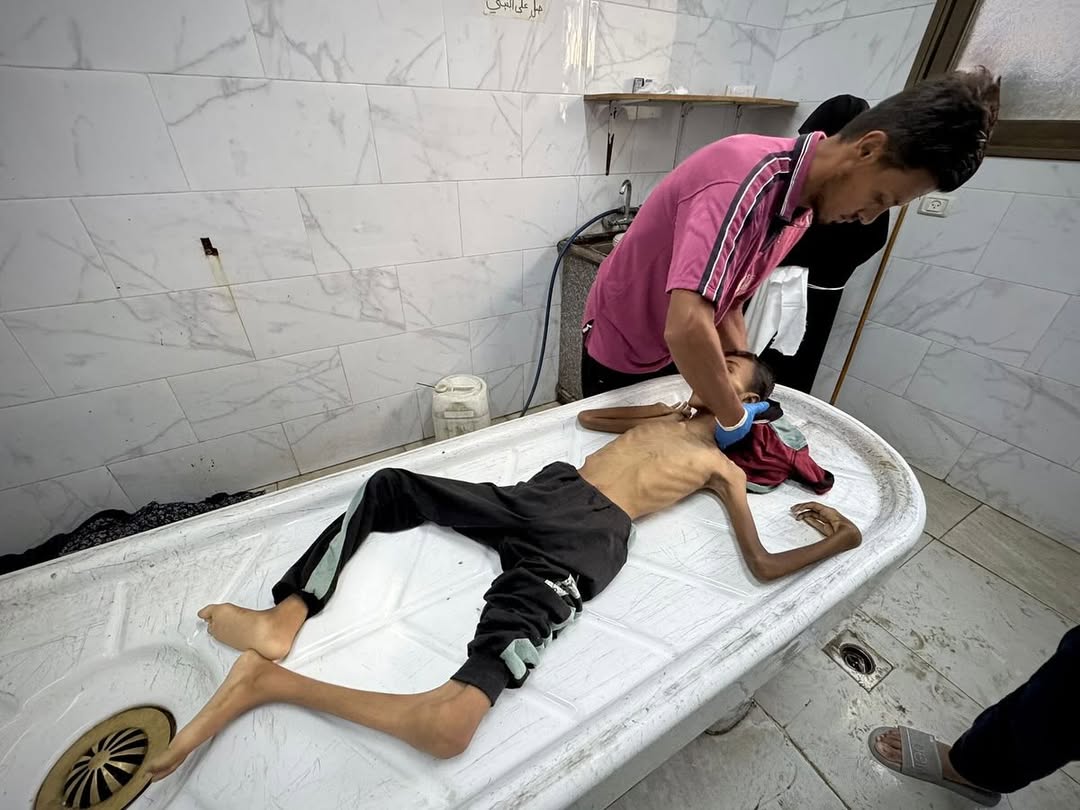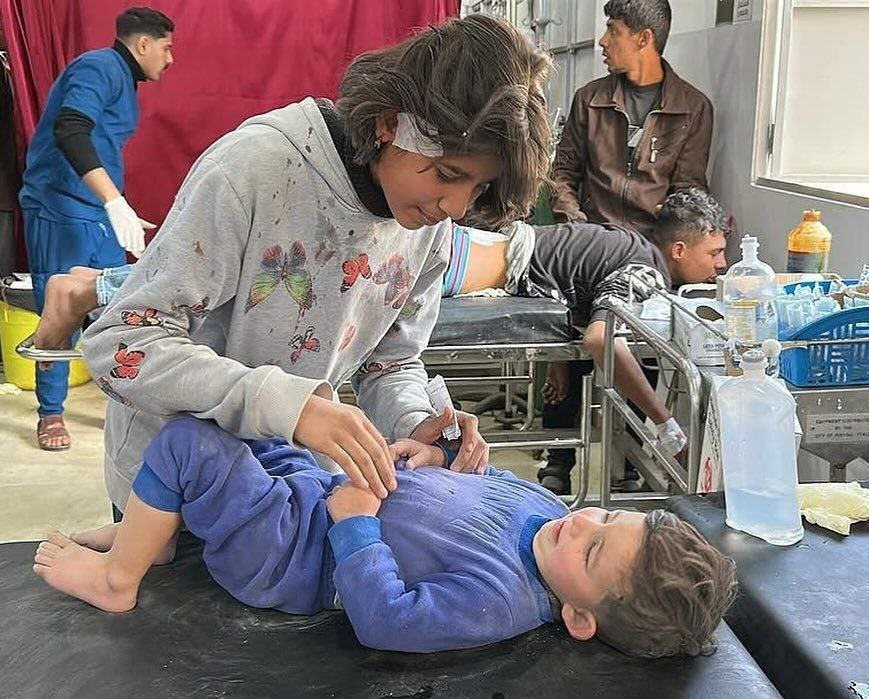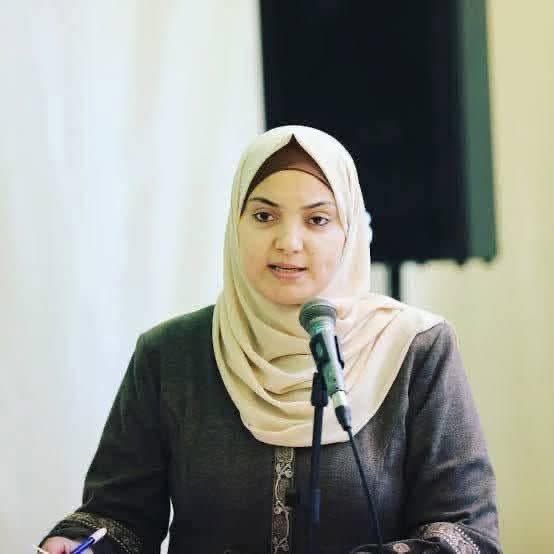RAMALLAH, July 21, 2015 (WAFA)
– Two hunger striking Palestinian prisoners and a Jordanian in Israeli jails
have been denied medical check-up and healthcare by the prison authorities,
Tuesday said Issa Qaraqe, Chairman of the Prisoners’ Affairs Committee (PAC).
The three prisoners are
Mohammad Allan from Nablus, Udai Steiti from Jenin, and Abdullah Abu Jaber, a
Jordanian citizen.
Allan has been on hunger strike
in protest of his administrative detention, without indictment or trial, since
June 14; Steiti has been hunger striking since June 29, also against
administrative detention; while Abu Jaber just began a hunger strike on Monday in hopes to be sent back to Jordan after spending 15 out of 20 years in prison.
Qaraqe warned of the
deteriorating health condition of prisoner Allan and the other two, saying he
holds the Israeli authorities responsible for their lives.
Under administrative
detention, prisoners are held without charge or trial and for an indefinite and
renewable period of time.
According to the
Israeli human rights group B’Tselem, “Israel's use of administrative detention
blatantly violates the restrictions of international law. Israel carries it out
in a highly classified manner that denies detainees the possibility of mounting
a proper defense. Moreover, the detention has no upper time limit.”
Palestinian detainees
have continuously resorted to open-ended hunger strikes as a way to protest
their illegal administrative detention and to demand an end to this policy,
which violates international law.
In the meantime, the medical
condition of a Palestinian prisoner from Gaza in Israeli Eshel prison has
significantly deteriorated due to deliberate medical negligence, an attorney
with the PAC told WAFA.
He said the Israeli prison
authorities have deliberately denied medical care to prisoner Zamel Abu
Shallouf, 34, from Gaza who is suffering various health troubles, including
partial paralysis, weight loss, and low heart beats.
Medical negligence
has widely been reported as a systematic policy by the Israeli Prison
Authority.
Palestinian prisoners
are held in overcrowded cells that lack basic health standards, including the
infestation of insects and rats, extreme cold and lack of heating methods, and
wastewater leakage into their cells, which further aggravates their already
poor conditions.
According to Addameer
human rights association, “Israeli authorities responsible for prisoners
regularly neglect their duties to provide medical support for Palestinian
prisoners in their care, as required by the Geneva Conventions.”
“Medical problems are
widespread, and range in severity from chest infections and diarrhea to heart
problems and kidney failure. Treatment is often inadequate and is delivered
after substantial delays. Often medication is limited to over-the-counter pain
killers.”
M.N/M.H












